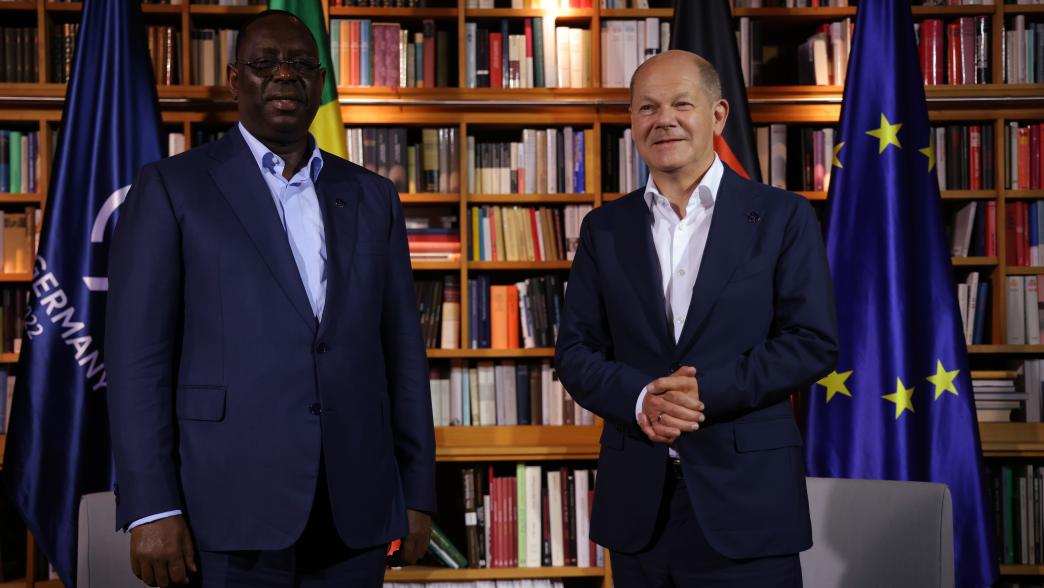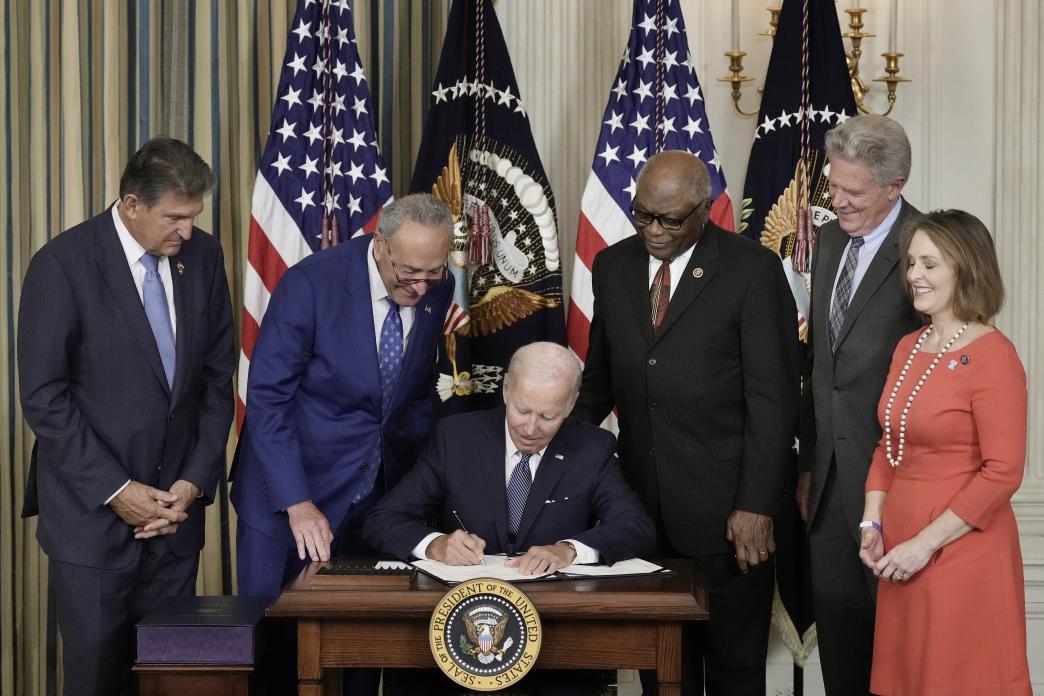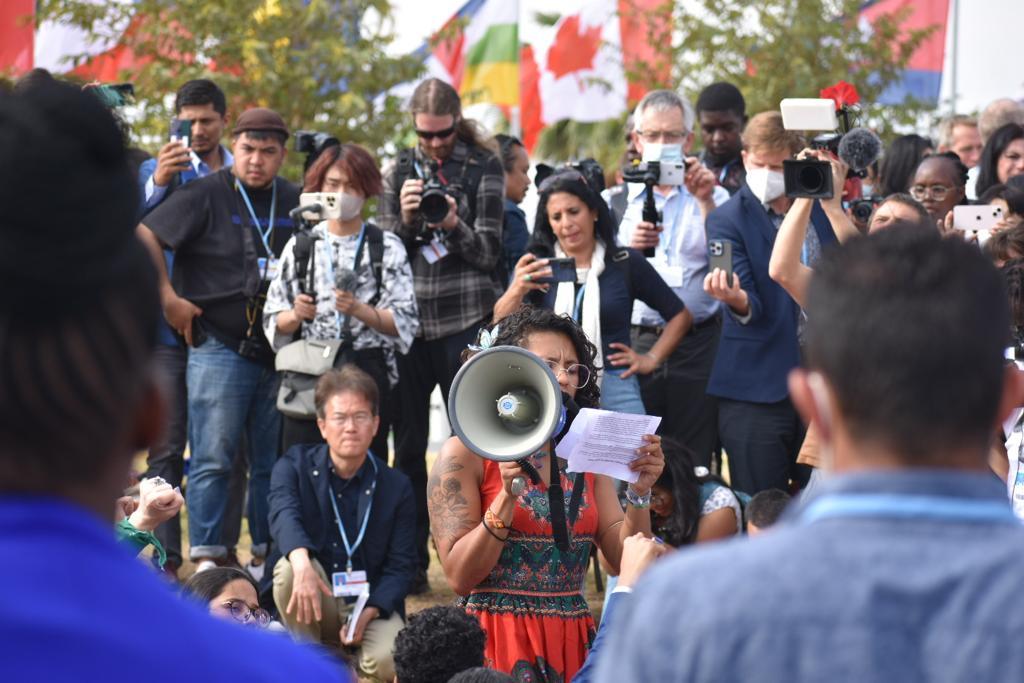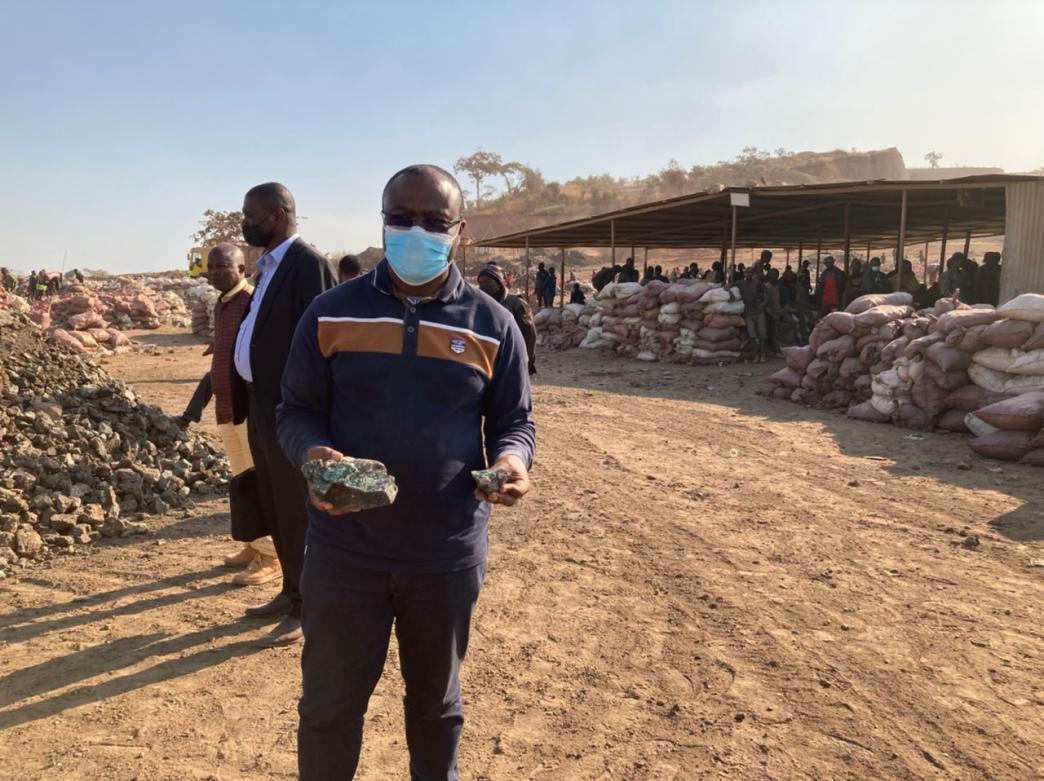
One Year of War in Ukraine: The View from Resource-Rich Developing Countries
Listen to this post · One Year of War in Ukraine The View from Resource-Rich Developing Countries
Russia’s invasion of Ukraine has uniquely affected developing countries rich in oil, gas and minerals. Translating resource wealth into economic and energy pathways that benefit all citizens has been a longstanding challenge in such countries. A year of mixed messages, market turbulence and persistent vested interests have added further complexity. Policymakers in resource-rich countries—and their international partners—have three opportunities to advance economic and environmental sustainability.
Invest in renewables and equitable energy access
Coming on the heels of the pandemic recovery, the war in Ukraine threw the global energy transition into doubt. Prioritization of energy security pointed to a resurgence of demand for fossil fuels. Oil, gas, and coal prices rose as Europe scrambled to secure alternatives to Russian supply. Expectations across African gas-producing countries soared, and Colombian coal exporters were likewise buoyant as coal’s share of EU power generation reached its highest point since 2018.
Yet, a year later, policy responses to the war have actually turbocharged the global energy transition. Global capital expenditure on wind and solar assets surpassed investment in new and existing oil and gas wells for the first time. In 2021, wind and solar already made up 75 percent of all global power production capacity added, as fossil fuels additions hit a record low (14 percent). In pursuit of greater energy security, countries that have historically imported large amounts of oil, gas and coal have doubled down on domestic deployment of renewables. Europe launched its REPowerEU package less than three months after the invasion, promising an aggressive expansion of wind and solar power and new energy efficiency measures. Even if delivering on that ambition by 2030 remains a challenge, Europe made steady progress in 2022: wind and solar power generation reached record levels and exceeded gas generation for the first time. The U.S. Inflation Reduction Act represented the most significant expansion of public spending on the clean energy economy ever and has pressured the EU to keep up the pace of its own financial outlays.
As a result, policymakers need to plan for economic and energy pathways beyond fossil fuels. For the first time, the IEA’s World Energy Outlook (WEO) 2022 contains a prevailing policy scenario (called STEPS) that projects a global peak or plateau for all fossil fuels, with total fossil fuel demand falling steadily from “the mid-2020s.” Policymakers in low- and middle-income exporting countries need to factor the resilience of the global energy transition—and its implications for their countries’ revenues—into economic and energy transition planning. These countries should redouble efforts—and international partners should support them—to boost their own energy security through faster deployment of renewables.
Low- and middle-income fossil fuel-producing countries are particularly vulnerable to energy shocks. They were fully exposed to the turmoil, unlike wealthy countries that spent upwards of $500 billion to shield consumers from price shocks. Paradoxically even Africa’s largest oil producer, Nigeria, saw businesses struggle as diesel prices increased by more than 200 percent shortly after the invasion. And rising gas prices made utility-scale power generation much more expensive in markets like Côte d’Ivoire, Ghana and Nigeria. The IEA reported that the number of people without access to modern energy services rose for the first time in a decade. Around 75 million people (more than four times the population of Senegal) who recently gained access to electricity now risk losing the ability to pay for it, and 100 million people may be forced to revert to traditional biomass for cooking.
Investment in renewables, advocacy for international financial and technical support and equitable energy access are priorities. Annual clean energy investment in emerging and developing economies (excluding China) has remained flat since the 2015 Paris Agreement. And yet the IEA STEPS scenario makes clear that these countries require the greatest growth in renewables investment in the 2020s. To meet necessary energy demand growth, governments in developing oil- and gas-producing countries need to develop their pipeline of “shovel-ready” wind and solar projects. They can also work with international partners to prioritize public investment around hard-to-finance areas that will unlock large-scale private investment in renewables. Policymakers also need to develop governance frameworks that equitably share renewable energy’s developmental benefits, expand energy access and economic opportunities for the most vulnerable populations, and prevent harmful community impacts and corruption.
Improve minerals governance to seize energy transition opportunities
The conflict has heightened global concern about a stable supply of transition minerals. The accelerating energy transition and the impact of the conflict on the gas supply chain has spooked officials in major consumer countries, who see control of transition minerals as a matter of energy security. The world’s top three producing nations for each of lithium, cobalt and rare earths control more than three-quarters of the global output of each mineral. Processing of transition minerals is even more concentrated. This significantly increases the risk of supply chain disruptions due to trade restrictions, conflict, climate impacts or other shocks affecting major producing countries.
Officials in G7 countries are particularly concerned by China’s important role in the transition minerals supply chain, due to its significant domestic resources (e.g., 60 percent of global rare earths production in 2019), overseas investments, and key processing role in many commodities. Fears that Beijing could restrict access to minerals in case of a severe geopolitical crisis (around Taiwan, for example) have motivated initiatives such as the U.S.-led Mineral Security Partnership.
Competition for transition minerals opens economic opportunities for producing countries. The imperative of securing supply was on full display at this year’s African Mining Indaba, where Mineral Security Partnership envoys met with African officials to discuss financing and other support to transition mineral mining, processing and recycling. African countries such as the Democratic Republic of the Congo are already essential suppliers of metals for electric vehicles and of other transition minerals. And Africa’s geology is also relatively underexplored; many African countries have the potential and ambition to play a more important role in mineral supply. At the 2022 Summit of the Americas, Argentina and Chile launched a bilateral lithium working group, and Bolivia and Mexico have worked to foster regional cooperation around value generation, royalties and industry standards.
Good governance—increased transparency, open public dialogue and policy reforms that advance the public interest—is essential to seize opportunities. By prioritizing good governance, transition mineral-producing countries in Africa and Latin America can leverage the opportunities presented by competition for minerals in an accelerated energy transition. To deliver a “triple win” for their citizens, the environment, and the energy transition, many of these countries need to undertake urgent policy reforms, putting mining governance (including anticorruption measures) at the center of their policy plans.
Support the increasing range of anticorruption efforts
Kleptocrats have been put on notice. The 2022 energy crisis initially prompted an “anywhere but Russia" approach. However, there is a growing call for action against kleptocrats like Vladimir Putin who use fossil fuel wealth to perpetrate instability and aggression. A year on, in Europe and North America, policymakers have ramped up measures to crack down on dirty money flowing into their jurisdictions. From Nigeria to Angola, Azerbaijan to Belarus, those who steal wealth generated from their countries’ resources to invest in property and other luxuries are already being exposed, at home and abroad.
Leadership on anticorruption will help to secure economic opportunities. Growing demand for transition minerals brings its own corruption risks. Producing countries should ensure transparency over contracts, payments, commodity trading, and beneficial ownership; implement robust measures to prevent elites from capturing opportunities; and enforce accountability mechanisms to hold wrongdoers to account. And initiatives like the Mineral Security Partnership and EU Critical Raw Materials Act must be equally tough on corruption. By focusing on this good governance, policymakers can prevent public funds leaking out into private hands, and better respect local communities, protect the environment, and prevent disruptions and delays to supply. NRGI colleagues found that of three factors identified as shortening mineral production lead times, better governance is the only one within policymakers’ control.
Prioritizing the development of new economic and energy pathways, seizing opportunities presented by transition minerals and promoting good governance will help ensure policymakers in Africa and Latin America navigate the geopolitical and market forces unleashed by the war in Ukraine for the benefit of their citizens.
Authors

Suneeta Kaimal
President and Chief Executive Officer

Ana Carolina González Espinosa
Senior Director for Programs

Susannah Fitzgerald
Governance Officer

Antonio Hill
Advisor

Amir Shafaie
Legal and Economic Programs Director



